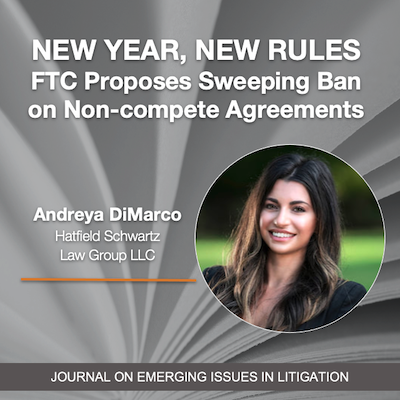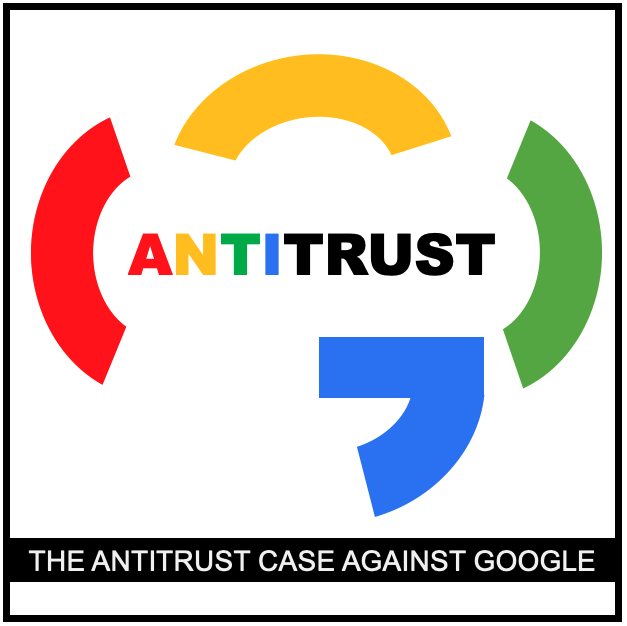Algorithmic Software Facilitated Price Fixing with Jonathan Rubin
Everyone knows that price fixing is against the law, chiefly Section 1 of the federal Sherman Antitrust Act of 1890. Competitors may not collude to set prices. However, there are relatively new price-calculation tools that some companies maintain take them out of the equation. With these tools, shared across an industry, firms do not have to directly swap private information with competitors. Instead, they feed their data to a third-party which uses algorithms to come up with prices. In this episode, we discuss what algorithmic or software-facilitated pricing is, what the law says about price collusion, how this new pricing mechanism violates the law, and recent developments in litigation. Our guest highly regarded antitrust attorney Jonathan Rubin, Partner and Co-Founder of MoginRubin LLP.




